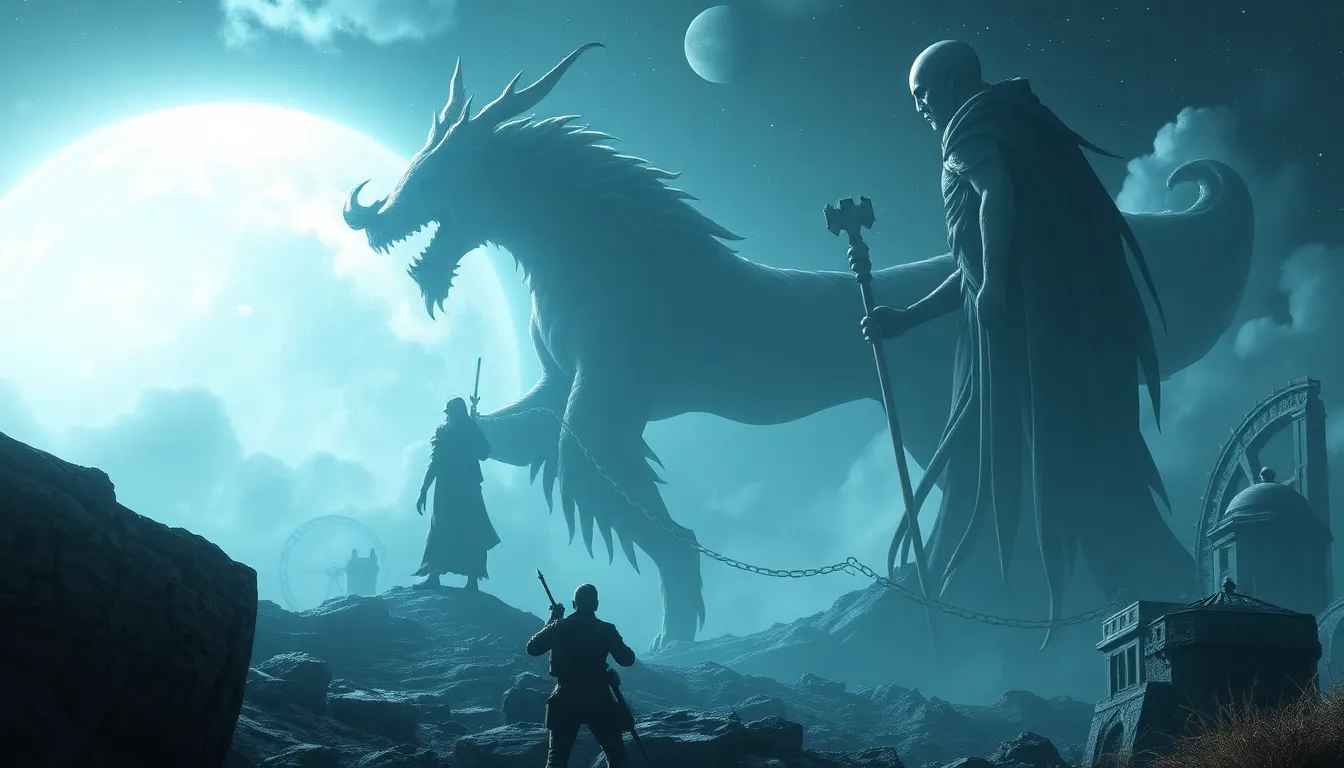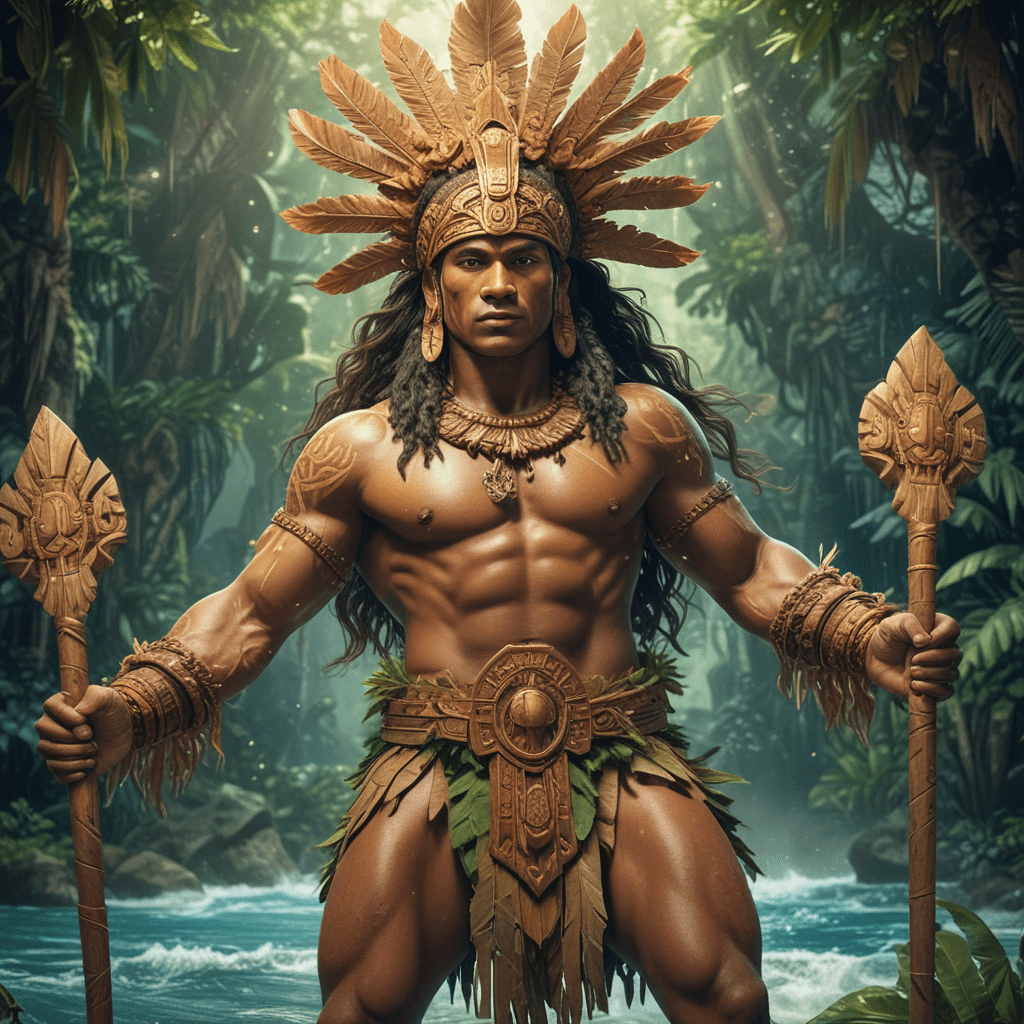Cultural Heroes: The Myths That Shape Our Narratives
Introduction to Cultural Heroes
Cultural heroes are figures who embody the values, ideals, and aspirations of a society, often serving as role models or symbols of collective identity. These heroes play a crucial role in shaping the narratives that define cultures, influencing how individuals perceive themselves and their communities. Myths surrounding these heroes help to transmit important lessons, morals, and historical experiences, thereby contributing to a society’s shared understanding of itself.
The Origins of Cultural Heroes
The concept of cultural heroes can be traced back to ancient civilizations, where myths and legends were used to explain natural phenomena and human existence. Across various cultures, heroes have emerged as central figures in folklore, mythology, and history. The evolution of hero narratives has reflected the changing values and complexities of societies, transitioning from mythological figures like Hercules and Gilgamesh to modern icons like Martin Luther King Jr. and Malala Yousafzai.
Characteristics of Cultural Heroes
While cultural heroes may differ significantly across cultures, they often share common traits and qualities:
- Bravery: Heroes are typically characterized by their courage in the face of adversity.
- Integrity: They embody strong moral principles and integrity.
- Self-Sacrifice: Many heroes demonstrate a willingness to sacrifice their own interests for the greater good.
- Relatability: Flaws and vulnerabilities make heroes more relatable to the common person.
These traits not only glorify the hero but also provide a template for individuals to aspire to, fostering a sense of hope and possibility.
Mythology and Its Role in Shaping Identity
Cultural heroes significantly contribute to the formation of national and ethnic identities. They become symbols of pride, resilience, and shared history. For instance:
- Nelson Mandela: A symbol of resistance against apartheid and a figure of reconciliation in South Africa.
- Frida Kahlo: An icon of feminism and cultural identity in Mexico, representing strength through adversity.
These figures impact collective consciousness, inspiring movements and shaping social narratives that resonate with people’s lived experiences.
Cultural Heroes in Literature and Media
The representation of heroes in literature, film, and other media is pivotal in shaping public perception. Contemporary heroes often challenge traditional archetypes, reflecting the complexities of modern society. For example:
- Superheroes: Characters like Spider-Man and Wonder Woman embody ideals of justice and empowerment, while also grappling with personal challenges.
- Literary Figures: Characters such as Harry Potter resonate with themes of friendship, loyalty, and the battle between good and evil.
These narratives serve not only as entertainment but also as a means of exploring ethical dilemmas and social issues.
The Hero’s Journey: A Universal Framework
Joseph Campbell’s concept of the “monomyth” or hero’s journey outlines a universal narrative structure that transcends cultural boundaries. This framework typically includes stages such as:
- The Call to Adventure
- The Road of Trials
- The Transformation
- The Return Home
Examples of the hero’s journey can be found in various cultural contexts, from the epic of Gilgamesh to modern movies like “The Lion King,” illustrating the timeless nature of these narratives.
Reinterpreting Cultural Heroes
Modern society often redefines and challenges traditional hero narratives, leading to the rise of anti-heroes and flawed protagonists. These characters reflect the complexities of human nature and societal issues:
- Breaking Bad’s Walter White: A character who embodies both heroism and villainy, prompting discussions about morality.
- Game of Thrones’ Jaime Lannister: A complex character whose journey challenges conventional notions of heroism.
This shift allows for a richer exploration of the human experience, emphasizing that heroism is not always black and white.
The Impact of Cultural Heroes on Social Movements
Cultural heroes often serve as powerful symbols in social and political movements, inspiring change and mobilizing communities. Historical examples include:
- Martin Luther King Jr.: His nonviolent resistance became a cornerstone of the Civil Rights Movement in the United States.
- Greta Thunberg: A young activist who has galvanized global attention towards climate change and environmental issues.
These figures not only embody the struggles of their respective movements but also inspire future generations to advocate for justice and equality.
Cultural Heroes and Globalization
The rise of globalization has influenced the perception of cultural heroes, leading to a blending of hero narratives across cultures. This phenomenon can be observed in:
- The global popularity of comic book superheroes, transcending geographical boundaries.
- The sharing of folk tales and legends through digital media, fostering cross-cultural understanding.
While globalization can dilute local narratives, it also creates opportunities for diverse representations of heroism that resonate with a global audience.
Conclusion: The Future of Cultural Heroes
As society continues to evolve, so too will the role of cultural heroes. The importance of diversity in representations of heroes cannot be overstated, as it allows for a richer tapestry of narratives that reflect the complexities of human experience. In a world increasingly defined by interconnectedness, cultural heroes will continue to inspire, challenge, and shape the narratives that guide our lives and communities.



